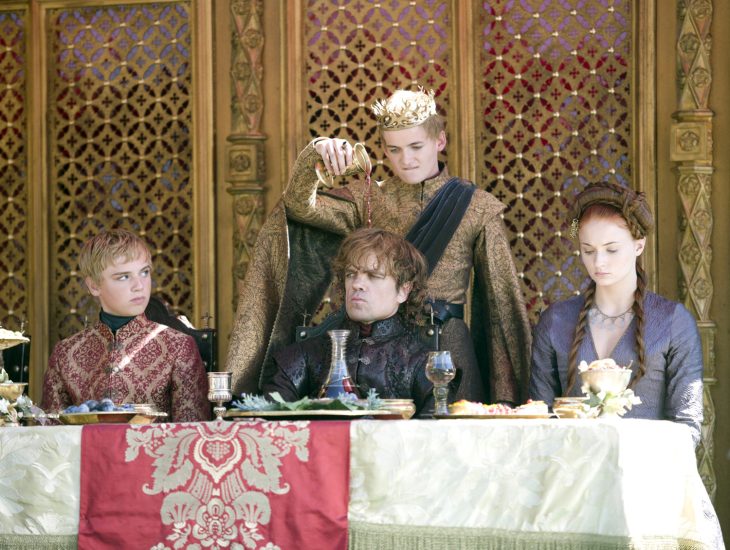Another dispatch from the Feudal Future
Late last spring, as I was reveling in the final episodes of Season 4 of Game of Thrones (and re-watching seasons 1 thru 3 in between), I found myself pondering just why such a show, with it’s rather graphic and brutal portrayals of a medieva realm – with its feudal social, political, and economic structures – would find such a large audience in this day and age.
It seemed particularly perplexing since “this day and age” is defined largely by the emerging digital economy of the internet, mobile devices, and apps.
When the Internet first surfaced in the late 90s, it seemed to hold this great promise of a technologically induced egalitarian culture. Now it’s all about the “sharing economy” – in which we all share our resources with one another, and the ultimate wealth creation flows upwards.
Rather than an egalitarian culture of fairly distributed wealth and influence, the new reality seems much closer to the feudal constructs of the middle ages; Instead of a digitally induced restoration of egalitarian democracy, it seems the new reality works much more like a feudal oligarchy.
As much as I’d like the notion to be a bit of a stretch, others seem to be picking up on the idea, as in this piece that appeared recently in The Guardian:
…with the examples above, everyone profits from your work, except you. If you’ve contributed for years to Wikipedia you must now accept a new political economy: you have permanent lower-caste status, and have simply been working hard for other people to get rich…
…In short, you’ve been a mug.
And this seems to be the common thread. Strip away the language of “sharing” and “community” and you’ve got an economy that requires an endless supply of mug punters.
The author of this piece, Andrew Orlowski, echoes the sentiments expressed by Jaron Lanier:
Getting an “internet economy” that benefits the people who do the work, take the risk, or provide the resources – and gives us a modicum of self-respect – should be a start. Our media, MPs and policy wonks are still off dreaming of Unicorns, though. Maybe we need a new lot entirely.
Given the political realities of the day, I’m not holding my breath waiting for anything of that magnitude to happen. In the meantime, [tweetable alt=””]at least we have a plausible explanation for our fascination with “Game of Thrones.” #GOT[/tweetable]


